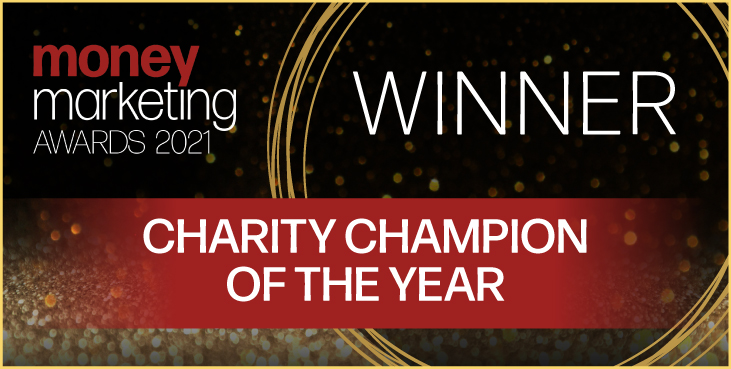Every day, more people and organisations are showing their recognition of the climate crisis by committing to become ‘Carbon Neutral’. The first and most important part of that process is to reduce your carbon footprint as much as possible. The biggest areas for saving are usually:
- minimising air travel
- buying locally produced food, preferably not red meat
- insulating your home
Switching from a petrol/diesel car to electric or hybrid is also worth considering but the benefit depends on your mileage and the useful life of your existing vehicle.
Unless you are growing all your own food, only using your own supply of renewable energy and not using motorised transport, you will inevitably still end up causing emissions of greenhouse gases. To become Carbon Neutral you need to offset this residual amount by buying offset certificates and then cancelling them (so they can’t be used twice).
The market for carbon offsets is unregulated, so it inevitably attracts fraudsters and incompetents. It also encourages corporates with large footprints, such as airlines, to offer massively under-priced solutions to try to minimise the scale of the problem.
You need to have confidence that your offsets are genuine and that they will be cancelled after purchase. Typically this means buying them through a quality assurance organisation, such as Gold Standard or Verra, or using a reputable intermediary such as Climate Impact Partners or South Pole.
None of the popular offsets actually remove carbon from the atmosphere. They are based on reducing emissions, often by supplying more efficient methods for heating and cooking to communities in Africa or Asia. Other programmes are intended to reduce the destruction of rainforests by providing financial incentives for local communities – a laudable objective but often difficult to measure in terms of impact and of course vulnerable at any time to being defeated.
Although the cost of offsets has increased sharply over the past 12 months, it remains well below the price of carbon on the more widely traded markets used by companies to offset their emissions. Offsets are generally priced in the range of £10-20 per tonne compared with over £80 for the latter. The average UK resident is estimated to have a footprint of 14 tonnes, so a price of £20 would suggest that it is possible to offset all of the harm for less than £280. This just doesn’t seem realistic and indicates that the price of offsets is still too low.
If you really want to ease your environmental conscience, my suggestion is to base your budget cost on the wholesale price. So if your footprint is 20 tonnes, aim to spend at least £1,600. Use about 25% of that to buy high quality offsets and the balance to support charities that are seeking to achieve structural change in environmental behaviour and/or helping to encourage the development of new technology. Some of our favourites in this sector include:
ClientEarth – a legal practice run as a charity which has successfully won cases against governments and large multinationals
Carbon180 – a US charity which is encouraging carbon removal solutions.
Clean Air Task Force – another US charity that is encouraging the development of technology and practices that reduce emissions
All three of these charities are included in the Tythe Climate Action portfolio.



